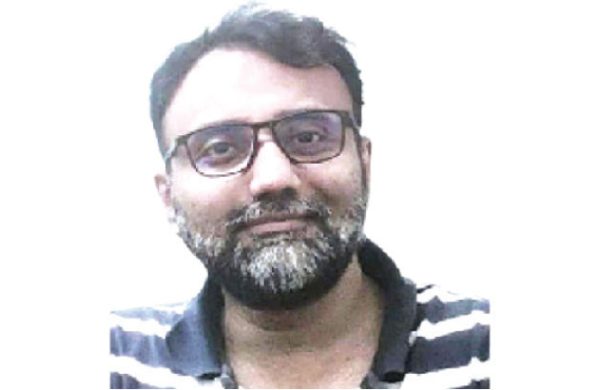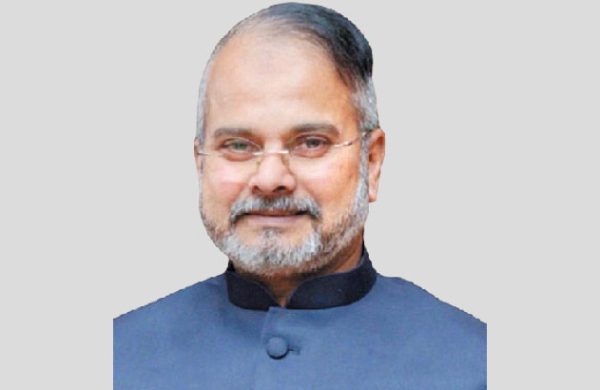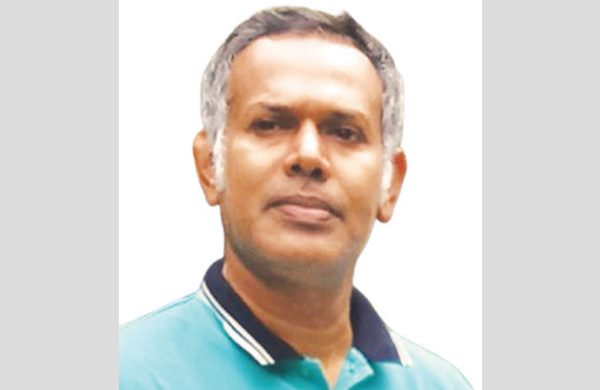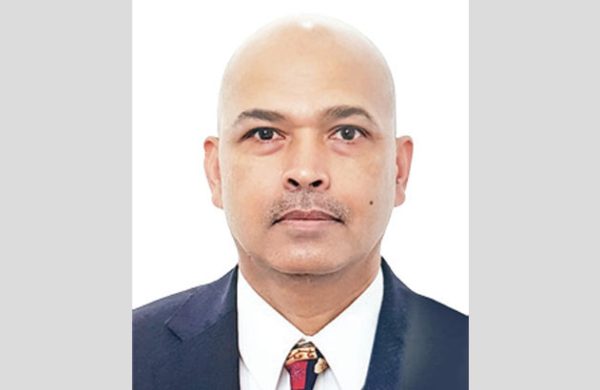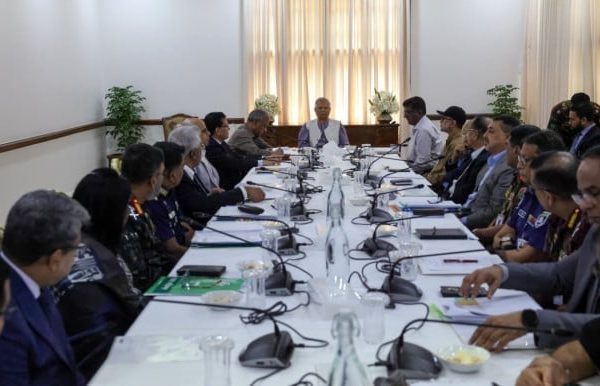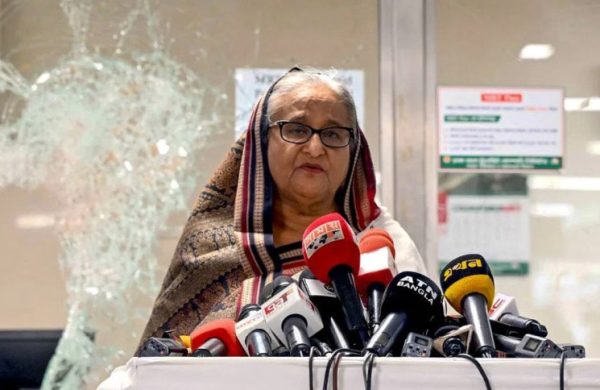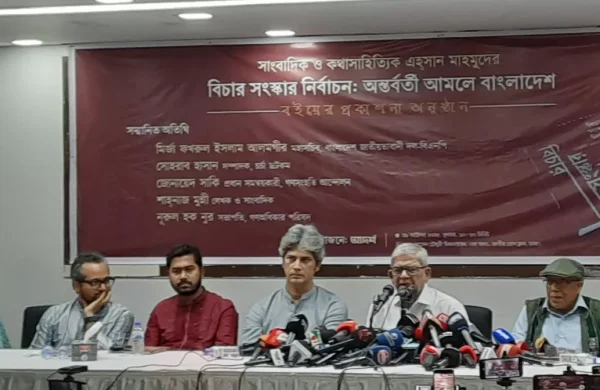Tulip’s ministership in UK: A triumph for Bangabandhu’s legacy and Bengali pride
- Update Time : Wednesday, July 10, 2024
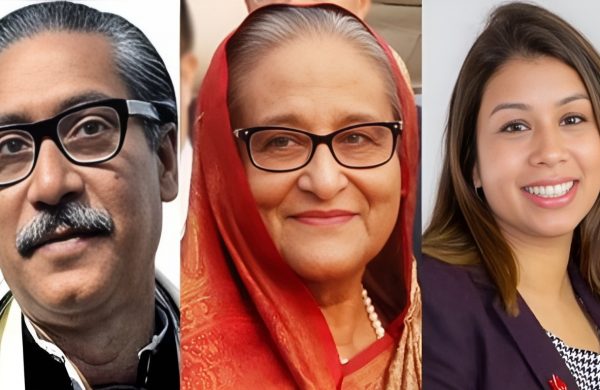
—Dr. Salim Mahmud—
The legacy of Bangabandhu Sheikh Mujibur Rahman, founder of Bangladesh and Father of the Bengali nation, continues to astonish the world today. His third generation, Tulip Siddiq, has been elected for the fourth consecutive term to the UK Parliament and appointed as a minister in the Labour Party government.
This achievement isn’t just for the Bangabandhu family; it belongs to the entire Bangladesh and Bengali nation. Tulip, Bangabandhu’s granddaughter, has made history as the first Bengali and Bangladeshi minister outside Bangladesh.
Success continues with Bangabandhu’s third-generation successors—Sajeeb Wazed Joy, Saima Wazed Putul, and Radwan Mujib Siddiq Bobby—each achieving remarkable success nationally and internationally.
Tulip’s tenure as a minister in a country renowned for multiple democratic revolutions, often referred to as the Motherland of Democracy, is truly remarkable. The British ruled and exploited not only our subcontinent but also vast parts of the world for about two centuries, emerging victorious in World War I and II. Their influence persists in the global system today. Thus, Tulip’s four-time election to Parliament and her ministerial appointment in such a superpower state is an extraordinary event.
Bangabandhu Sheikh Mujibur Rahman amazed the world by founding Bangladesh after a long struggle against the post-World War II global order. He transformed Bangladesh into a robust and sustainable state. His eldest daughter, Sheikh Hasina, continued his democratic legacy after his assassination, becoming the first daughter worldwide to prosecute her father’s murderers and restore his legacy. Sheikh Hasina has elevated Bangladesh to global leadership, establishing it as a model of development.
The foundation for this third-generation global influence was laid by Bangabandhu himself. In the 1950s, he dreamed of Bangladesh’s independence while in a restaurant in Portsmouth, UK. He cultivated strong ties with British people and influential political leaders. In 1969, during the Agartala Conspiracy Case, he was represented by renowned British lawyer Sir Thomas Williams. Bangabandhu’s close friendships with UK Prime Ministers Edward Heath and Harold Wilson, among others, and his relations with British politicians, intellectuals, and professionals were pivotal.
The British played a crucial role in Bangladesh’s 1971 Liberation War, supported by their Parliament. Even after his release from Pakistani prison, Bangabandhu planned to return home via the UK. His assassination in 1975 prompted protests and trials in the UK.
British political circles long believed that Sheikh Hasina would restore Bangladesh’s democratic system. This sentiment was echoed by veteran British politician Sir Peter Shore during his visit to Dhaka after Sheikh Hasina’s Awami League won the 1996 elections, twenty-one years after Bangabandhu’s leadership.
Tulip Siddiq’s strong and dignified position in British politics, as part of Bangabandhu’s third generation, reflects his political leadership and global stature, particularly in the UK, and the affection of the British people and politicians. This is the enduring legacy of Bangabandhu—a legacy of blood.


